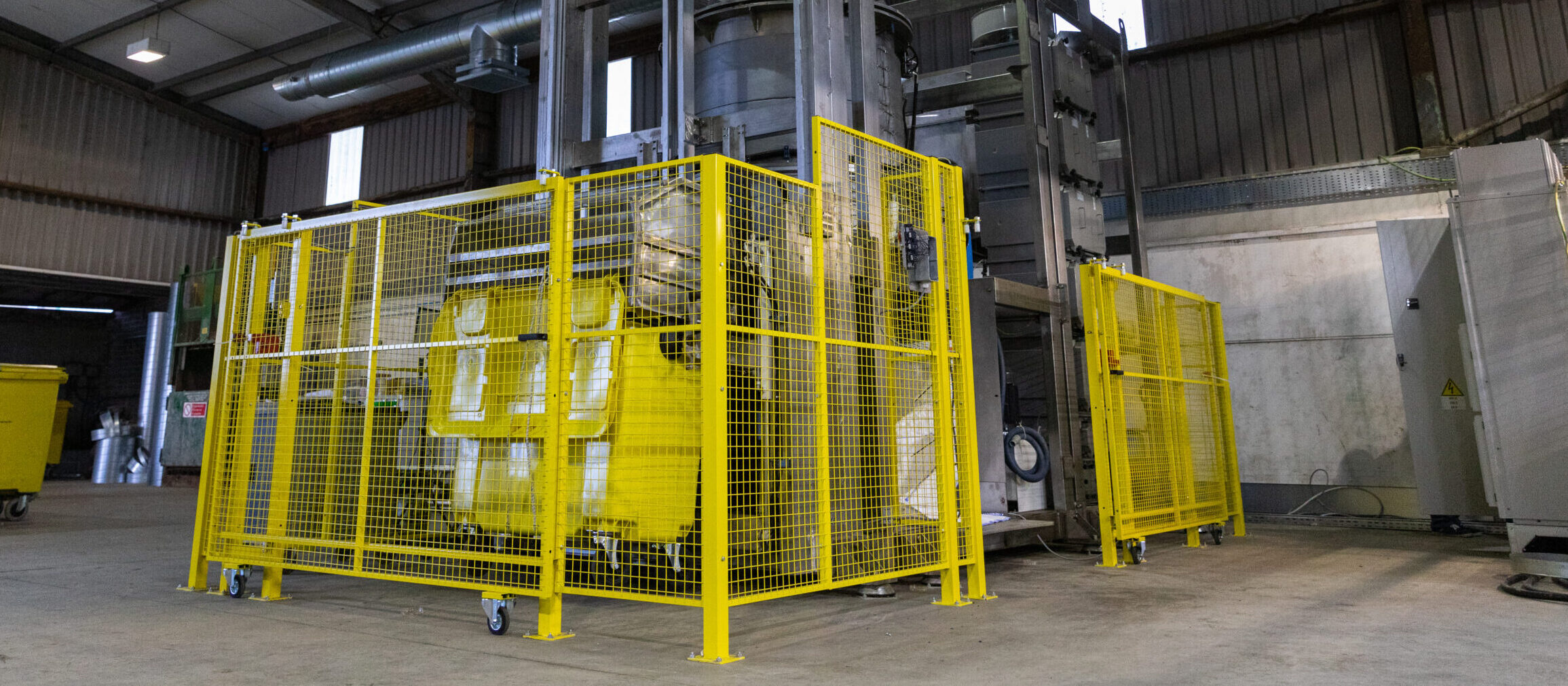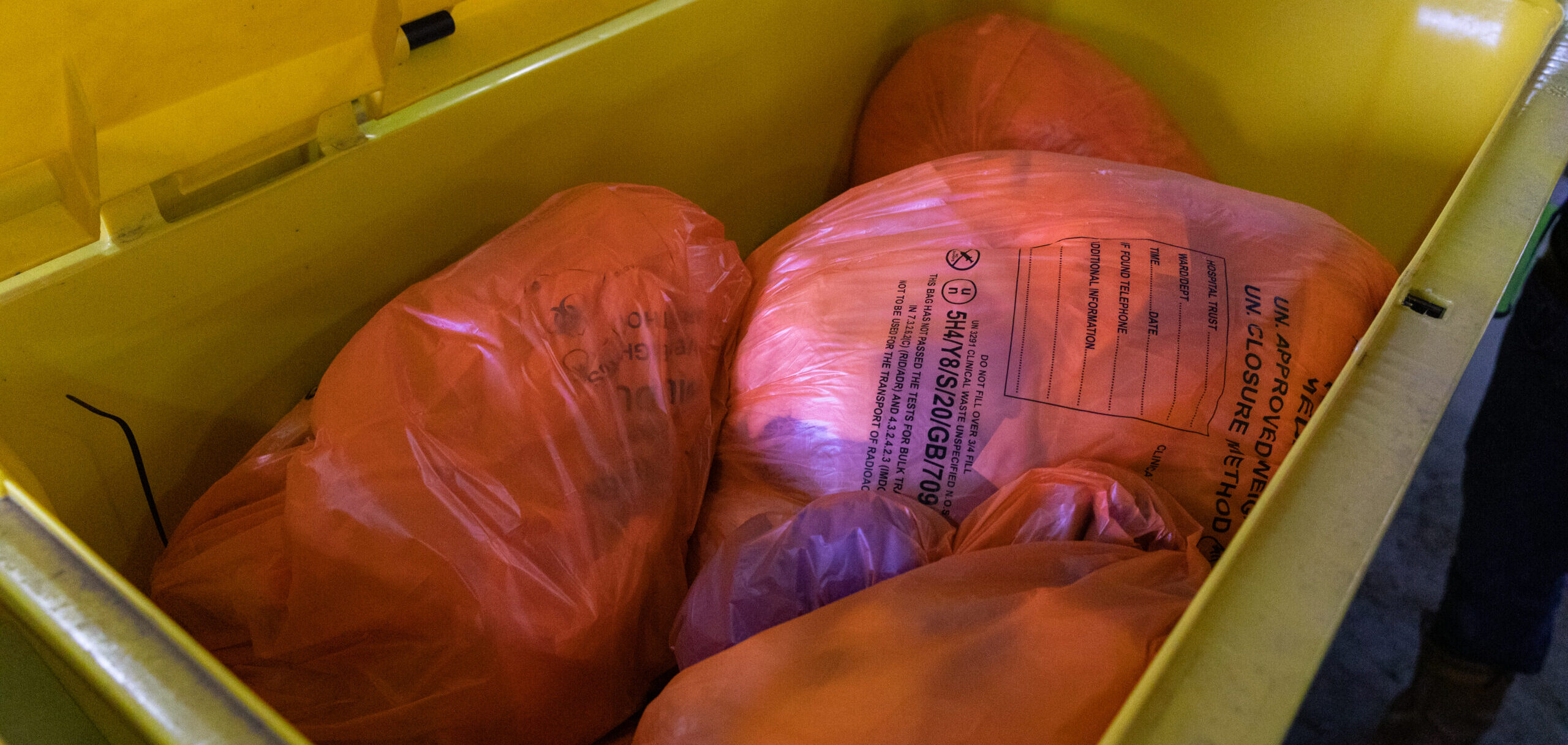

Mitigating Risk
There is an undoubted risk when processing certain materials, from when the material is used, through to when the material is disposed of. Hazardous and clinical waste streams present obvious risks and there are others that risk the climate and the environment. Utilising processes and technologies that mitigate the risk when handling material as well as the risk to the environment need to be part of the way we protect and preserve.
Sterilising feedstock material removes the risks of the unknowns, as well as creating the opportunity to use the recovered material for something else
Microbiology Efficacy Reports on large units in the UK provide the necessary evidence that EWC 18 01 03 infectious waste can be sterilised through the Converter technology. A Permit for Alternative Treatment is what is required for the use of the Converter under clinical operations, as well as undertaking the published validation processes to ensure the unit is calibrated correctly
The Converter has accreditation from the US Department of Agriculture for the handling of International Catering Waste / Regulated Garbage, sterilising and declassifying this waste stream that isn’t recycled into the flock composite ready for the manufacturing process. Without this sterilisation that material would end up in landfill
Enhanced biosecurity risks presented by COVID-19 have further highlighted the requirement to manage the risks posed by waste
Modular installations achieve scale without the risk of the entire plant shutting down with one fault
Batch loading the Converter ensures the material is fully processed
Staggering the start of each machine’s cycles helps optimise the process of multi-unit sites






